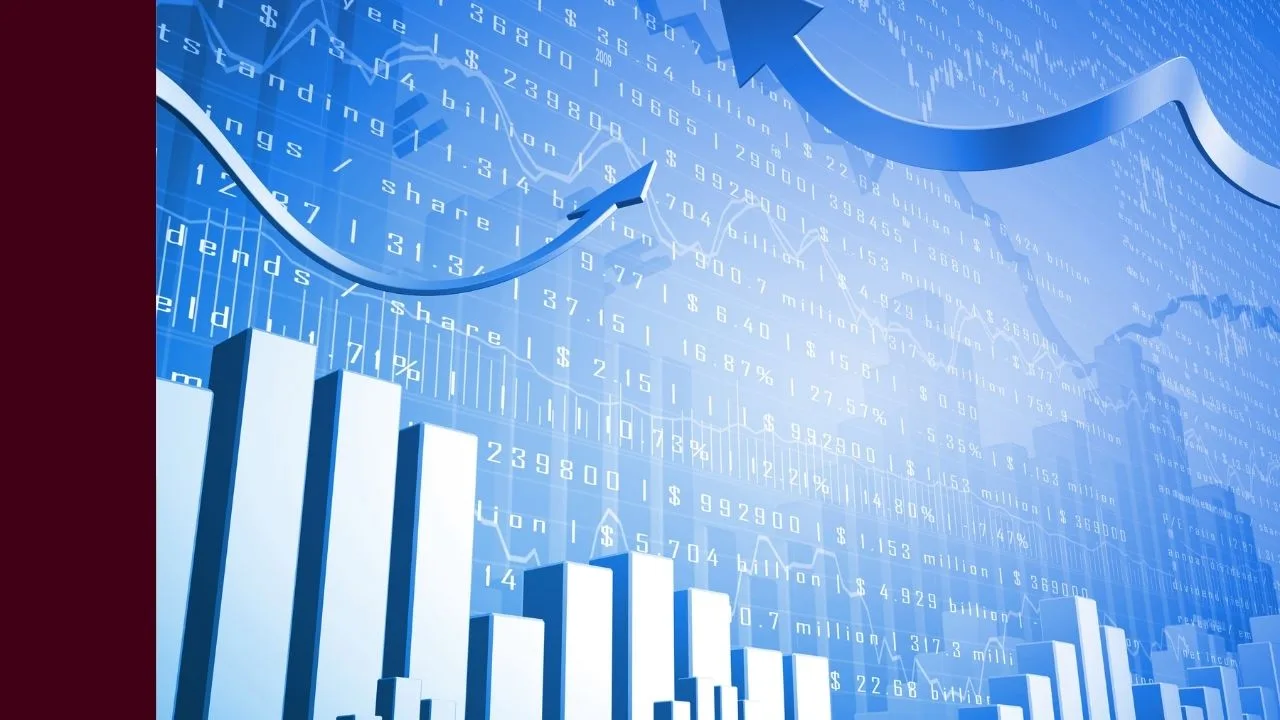The Sydney Airport Holdings Pty Ltd (ASX: SYD) share price is up around 3% after reporting its FY20 result.
This business is the operator of the main airport in Sydney.
What did Sydney Airport report?
It has been a difficult year for the airport business with the COVID-19 pandemic severely disrupting passenger numbers.
Traffic fell 74.7% to 11.2 million passengers for the year. In the first quarter of 2020, passengers were down 18% to 9 million. However, total passengers for the second, third and fourth quarter were 2.2 million, down 93.4%.
If it weren’t for January and February traffic, largely unaffected by COVID-19, then the decline would have been even worse. International passengers declined by 77.5% and domestic passengers dropped 72.9%.
Total revenue fell 51% to $803.7 million. Unsurprisingly, aeronautical revenue fell 69.1% to $228.7 million, retail revenue dropped 63.5% to $136.9 million (including provisions for doubtful debts and rental abatements), property and car rental revenue dropped 37.3% to $157.6 million and car parking and ground transport revenue declined 70.7% to $47.5 million.
Sydney Airport’s EBITDA (EBITDA explained) fell 45% to $627.8 million. The net operating receipts (NOR) dropped 95% to $45.5 million. It said that targeted cost savings were achieved with operating costs for the year down 32.3%.
The airport company announced a full year loss after tax of $107.5 million. Doubtful debts and capital project impairments were part of the result.
There was no distribution for 2020. The capital investment reduced to $237.5 million for the year, with $152.8 million invested in the first half and $84.7 million invested in the second half.
Sydney Airport said that it had a strong balance sheet with $3.5 billion of liquidity at 31 December 2020. That is made up of $1.1 billion of cash and $2.4 billion of undrawn debt. It said it expects to remain within its debt covenants.
Acquisition
At the end of September 2020, Sydney Airport acquired and took operational control of the jet fuel infrastructure for $85 million. Skytanking, a global leader in aviation fuelling services, was selected to operate these facilities following a tender process.
The acquisition increases the company’s strategic flexibility, with greater control over infrastructure investment decisions to support future airport growth, with an improved open access regime to increase competition amongst new and existing fuel suppliers, and an enhanced ability to influence the use of sustainable aviation fuels.
Outlook and summary thoughts
The outlook is still very uncertain for the travel industry, so no distribution guidance could be given.
Sydney Airport is expecting that when restrictions are eased and borders come down, people will be keen to travel. With the vaccine rolling out, the company is cautiously optimistic that 2021 will see the industry begin to recover.
It’s a quality asset business, I’m just not sure when its earnings will return to somewhat normal. If international borders start opening then that could be good news for Sydney Airport. But the pandemic isn’t over yet, so I’m not willing to make that bet for my own portfolio if I’m thinking about ASX dividend shares.
Before you consider Sydney Airport, I suggest getting a free Rask account and accessing our full stock reports. Click this link to join for free and access our analyst reports.








